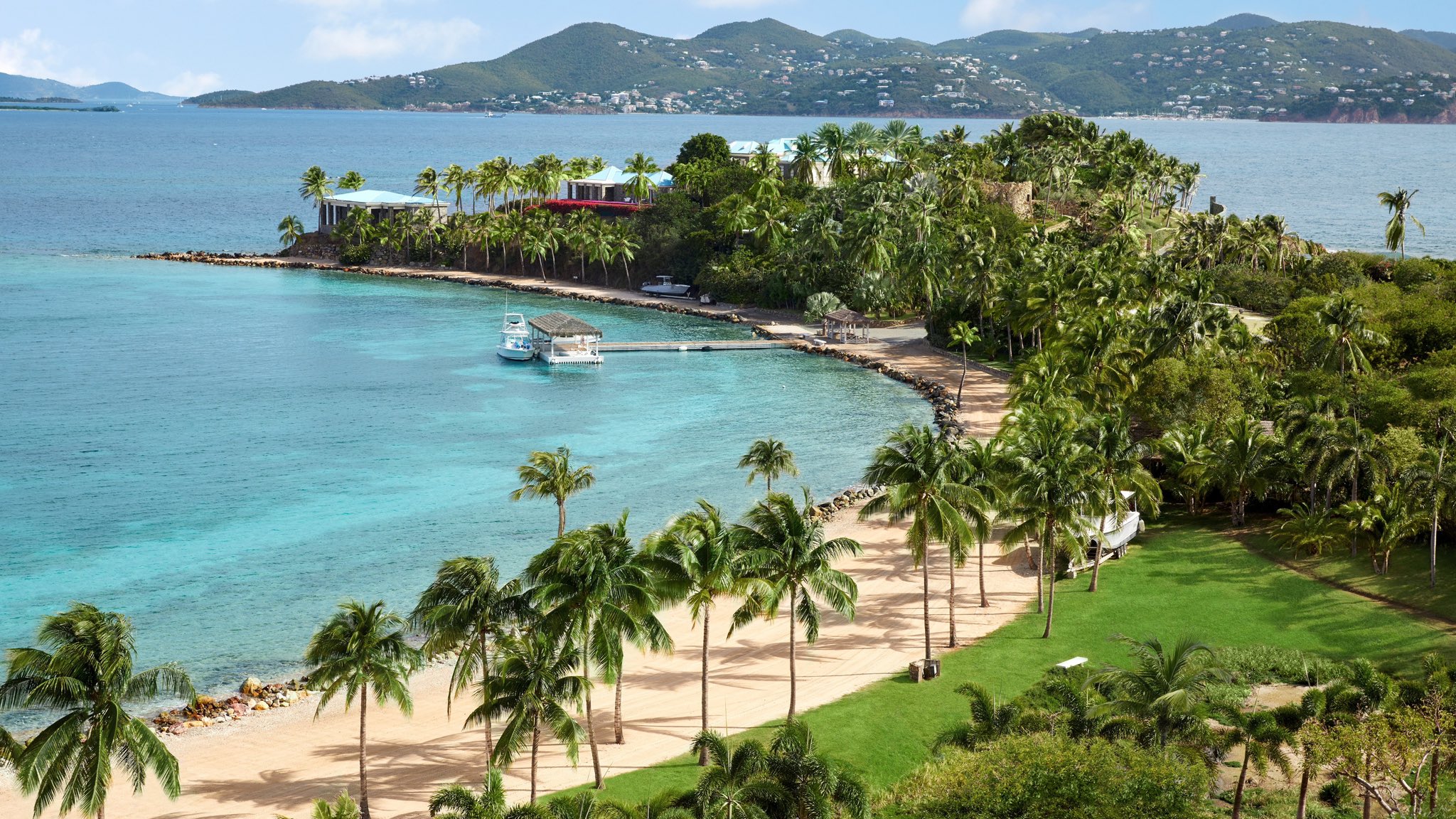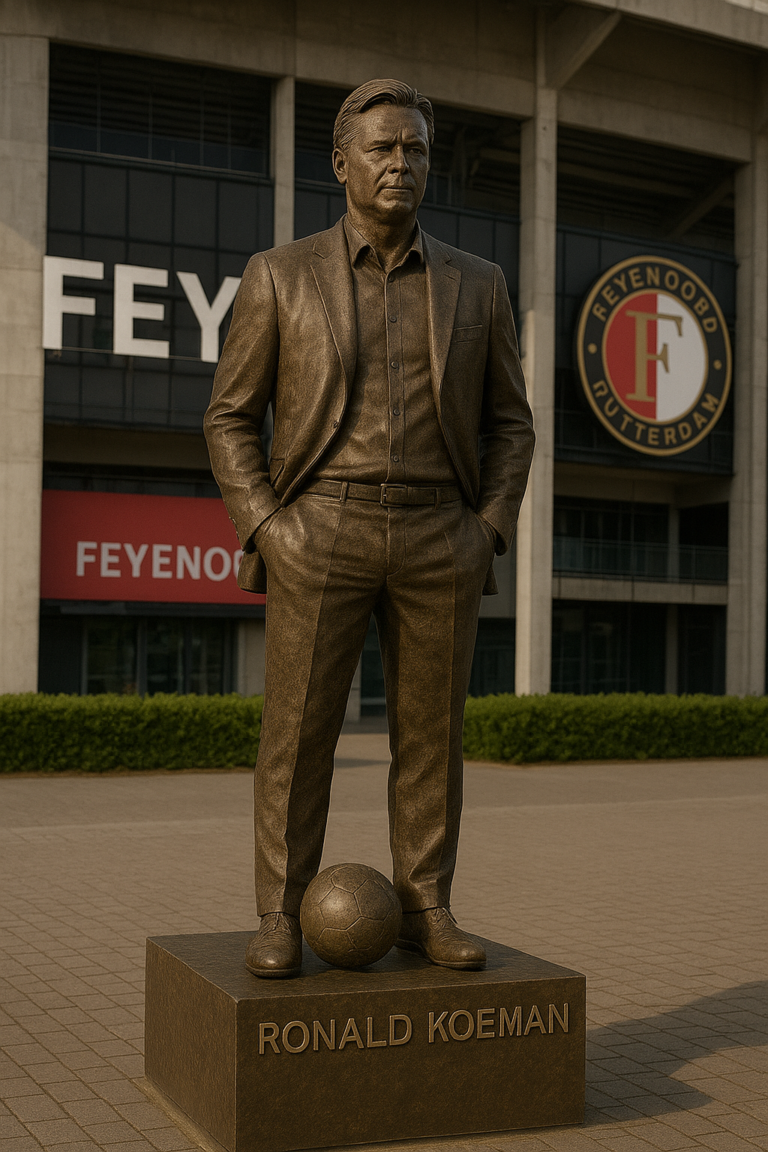
The private island once owned by Jeffrey Epstein, long associated with scandal and controversy, is undergoing a dramatic transformation. New owners have announced plans to redevelop the property into a high-end luxury resort, complete with tropical amenities, private villas, and an exclusive atmosphere meant to attract the world’s wealthiest travelers. The decision, however, has already sparked backlash from the public and raised difficult questions about memory, ethics, and the commercialization of infamous spaces.
Located in the U.S. Virgin Islands, the island—previously known as Little Saint James—was purchased from Epstein’s estate following his death in 2019. The new investors, whose identities remain partly undisclosed, are said to be part of a real estate development group with a history of resort projects in the Caribbean. They argue that the island deserves a new chapter, one that sheds its dark past and embraces the natural beauty and potential of the location.
According to early reports, the resort will feature environmentally sustainable architecture, luxury wellness retreats, and water-based recreational activities such as diving, sailing, and snorkeling. Developers claim the project will bring jobs to local residents and contribute to the economy of the Virgin Islands, which was previously impacted by the notoriety of Epstein’s crimes and the legal fallout that followed his arrest.
Despite these promises, critics argue that transforming the island into a resort without acknowledging its history is an act of erasure. Survivors of Epstein’s abuse, as well as advocacy groups for victims of trafficking, have called the plans insensitive and exploitative. They question whether a site so closely linked with systemic abuse and trauma should be repurposed for leisure and luxury, no matter the financial incentives.
“There is a real danger in rewriting history through real estate,” said one human rights advocate. “Turning this island into a vacation spot sends a message that money and image can whitewash even the most horrific of legacies.”
Others argue that if the island must be repurposed, it should serve as a place of remembrance or healing—perhaps a memorial for victims or a center dedicated to fighting human trafficking. Some proposals have included building a museum or using the land to fund survivor support services, ideas that so far have not been publicly embraced by the developers.
Local officials have issued cautious statements, expressing both hope for economic revitalization and concern over the optics and consequences of the project. The U.S. Virgin Islands government has not yet indicated whether it will place any restrictions or oversight on the development, though public pressure is mounting.
As construction plans move forward, the island’s future remains uncertain—not just in terms of its physical transformation, but also in how it will be remembered in the public consciousness. Whether it becomes a symbol of renewal or a controversial example of historical whitewashing may depend on how developers, lawmakers, and society choose to engage with its deeply troubled past.






